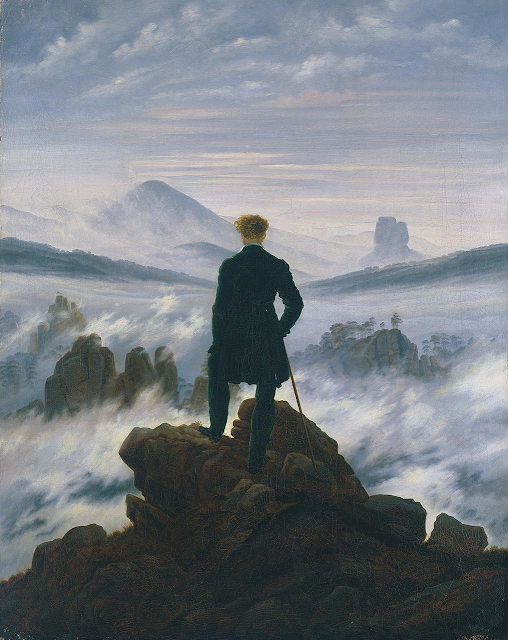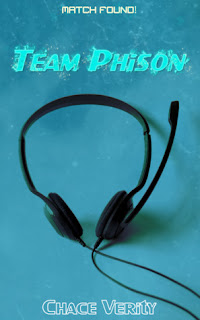Navigating Existence #2: True World Theories
In
my first armchair philosophy post, I touched on a key aspect of existentialist
philosophy - what Albert Camus referred to as absurdity: the irreconcilable difference between the burning human desire to find meaning in the universe and the lack of meaning to be found.
Different
philosophers talk about this same idea in a bunch of different ways, but interestingly, again and again, we see this being
discussed in terms of anxiety, nausea, dizziness,
despair.
This
recognises that, confronting this essential reality is not a comfortable thing
to do. In fact, it’s intensely uncomfortable, sometimes bleak, sometimes lonely experience. Jean-Paul Sartre, acknowledging this, said that we were “condemned to
be free”, while Kierkegaard spoke of “the dizziness of freedom” bringing about an anxious state.
Human beings, Sartre said, don't like feeling like this, and they seek to avoid it in all sorts of ways, including by seeking to impose meaning on the universe through some system of belief they use to rationalise existence.
Which
brings me neatly on to Nietzsche’s idea of True World Theories and the subject
of this post.
Some
decades prior to Sartre, Nietzsche too had noticed that human tendency to seek out meaning in order to alleviate the discomfort of
confronting the void. He noticed too that we often do this through belief systems. He
noticed that a number of these belief systems – whether religious, political,
or whatever – had similar profiles and he named them “True World Theories”.
The
characteristics of such theories include that:
· They are structured around an “ascetic ideal” i.e.
an idea that there are two realms, the world that we live in, and the “true”
world (whether this is a heaven to come hereafter, or perhaps a political utopia)
· The true world is more valuable than our world. The
true world is full of truth, happiness etc. while the real world is full of
suffering and death
· The true world is viewed by the believer as the world in which the
self belongs, and not the real world. The real world thus becomes superfluous.
Nietzsche
concluded that, in the end, the true world believer “places existence itself upon his scales and finds it wanting.”
And
somehow, I find that bleaker than any unflinching, existentialist confrontation of a meaningless universe. Because the truth is, we can impose meaning on our own lives. We can celebrate this existence, however short it might be.
I spent ages looking for a picture to accompany this post. Pictures of voids, chasms, great dark night skies. But then I saw this one, and I thought, Yes. This is it. Confronting it all. The terror, the beauty, the vastness of the universe. The smallness of Me.
Soon: Simone de Beauvoir on finding meaning
Soon: Simone de Beauvoir on finding meaning



Another brilliant post, Jo.
ReplyDeleteIt strikes me that many zealous espousers of the true world theory also use the idea of an ideal or better world to other those who do not belong in their "real" world. We see this playing out in the US right now, this idea of the American Dream, and who is allowed to have it and who isn't. Which, to my mind, is so dangerous, this creation of division in order to win access to a fictional place. So much scarier than the void, IMHO.
Also, that painting, Wanderer Above a Sea of Fog by Caspar David Friedrich. I've been obsessed with it since a very young age for exactly the reasons you mention. Because I always want to be the person looking out at the world, seeing challenges, but also more mountains to conquer. I don't have it on my wall right now, since my poster is very old, but I think I'll have to get a new one...
Yes, I love that painting. It's usually used to illustrate the idea of 'the sublime' and romanticism generally but it fits this too, I think
DeleteIf I had any kind of religious leaning it's buddhism, and so the concept of living in the now really resonates with me, I said in your last post that Sartre and de Beauvoir are heroes of mine and their ideas had a profound impact on me.
ReplyDeleteI love that our posts are so diverse and thought provoking
Same 😊 . I love that anything can fit here and also that there's no schedule. Really looking forward to getting some conversational pieces going too
Delete